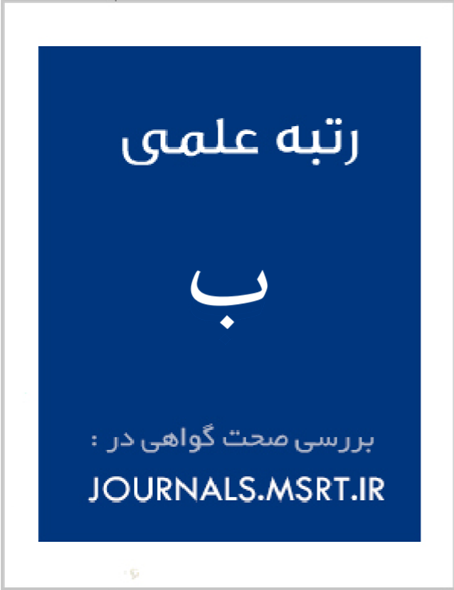A Qualitative Content Analysis of Ethical Concepts in Islamic Supplications
Keywords:
Islamic supplications, Islamic ethics, thematic analysis, prayer, moral education, qualitative researchAbstract
The aim of this study was to identify and analyze the ethical concepts embedded in Islamic supplications from the perspective of religious and ethical scholars using a qualitative approach. This qualitative study employed thematic content analysis. Data were collected through semi-structured interviews with 22 experts in Islamic studies, moral philosophy, and religious scholarship based in Tehran. Participants were selected purposefully, and interviews continued until theoretical saturation was achieved. All interviews were transcribed and analyzed using NVivo software. Data analysis revealed four major themes: (1) ethical self-purification, (2) ethical relations with others, (3) relationship with God, and (4) social moral responsibility. Each theme encompassed several subthemes and concepts such as repentance, humility, justice-seeking, honesty, trust in God, social commitment, gratitude, and support for the needy. Participants emphasized that Islamic supplications not only reflect ethical values but also facilitate moral internalization and character development. Islamic supplications encompass a coherent moral system that addresses individual, social, and spiritual ethics. These prayers serve not only as devotional texts but also as lived ethical discourses that contribute to ethical awareness and virtuous action, making them valuable tools in moral education and religious formation.
Downloads
Downloads
Published
Submitted
Revised
Accepted
Issue
Section
License

This work is licensed under a Creative Commons Attribution-NonCommercial 4.0 International License.


